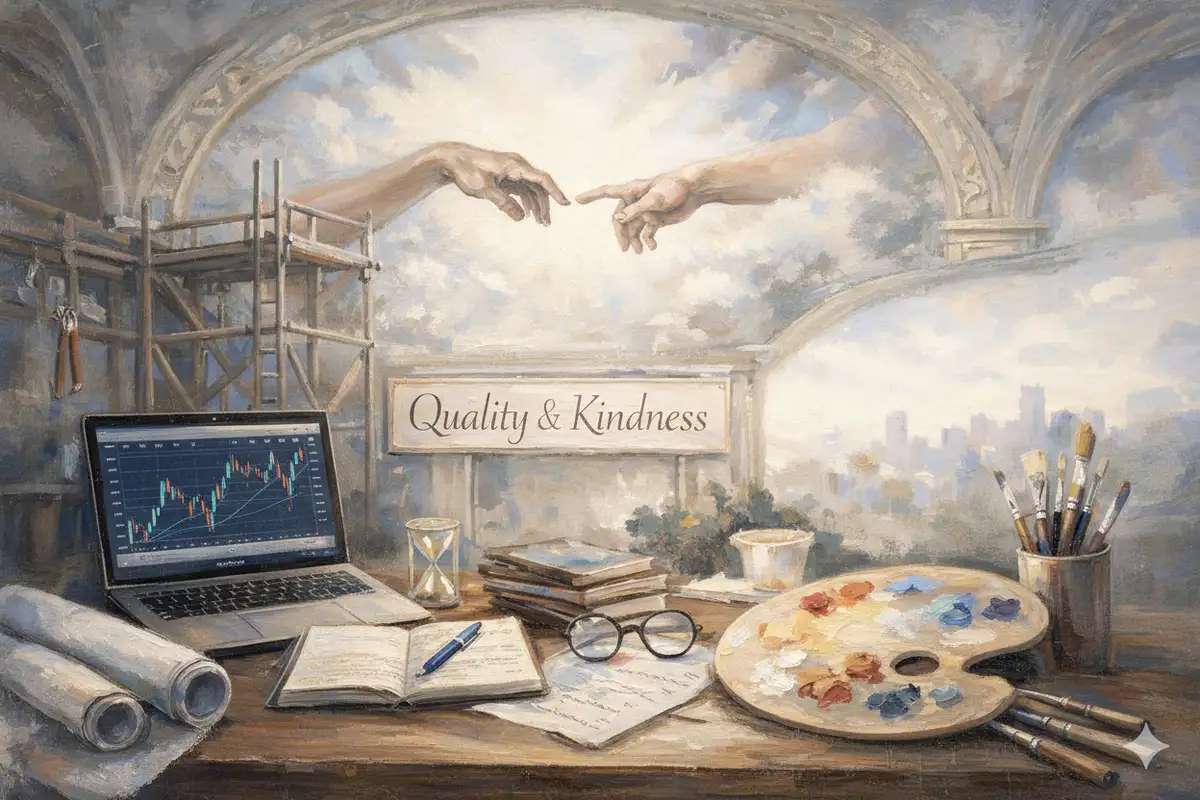“Don’t worry they’ll bail them out.”
Those words are jumping off my tongue couple times a day now when my clients call and ask if I think their auto insurance policy with AIG or their money market fund will be around tomorrow or their CDs will be made whole if FDIC goes bankrupt. Though I love putting my clients at ease, there are consequences to the bailout:
- Inflation. At some point the government will not be able to afford to keep bailing out our financial (and other, real) companies and will have to start printing presses to keep affording it. Though it is hard to have inflation while the financial industry is deleveraging, when credit normalizes, we will be hit with massive inflation.
- Weaker dollar. Give me a just one-armed economist, demanded President Truman. I feel his pain. This is how I feel when I talk about the US dollar. Only last week I thought the odds were that the US dollar will embark on the appreciation journey against other currencies. After the bailout announcement the prospects are lot less clear. The US government possibly starting a gigantic printing press is not good for the greenback. However, currency strength/weakness is driven by relative economic performance not absolute. This where “the other hand” comes in, maybe foreign governments’ printing press will be even bigger than ours? We don’t know. So prepare for both.
- Higher interest rates. In the past we did not have to worry about the financial strength of the US government, but today the government’s financial strength has been tested. Though I doubt it will happen, I would not be surprised if Microsoft’s new AAA rated bonds will have a lower yield than US Treasuries. Why does it matter? Money market funds buy commercial paper issued by corporate America. If credit worthy companies (overnight) cannot issue commercial paper to finance their day-to-day operations (inventories, suppliers, employees etc.) the “real” economy will be disrupted.
- Higher taxes. On the bright side, the bailout may or may not end up being a bailout. If the government were to buy loans 30 cents on the dollar and if they were worth at least a 30 cents, then the government is providing liquidity – the cost to taxpayers is zero. Not necessarily a bailout. But there is a reason why there is a liquidity problem – the market is not really sure what those 30 cents on the dollar loans are really worth. Derivative securities that derive value from other derivative securities – so called derivatives squared – are very hard to value. Unfortunately, the government is not better equipped to value those loans than the market, though it does have a longer time horizon to discover what they are worth. In other words, Mr. and Mrs. Taxpayer are buying a cat in the bag and hoping it’s not a rat when we open the bag a year or two from now. If it is a rat, our tax bill will start climbing. Mr. Paulson, a common sense and free market fellow, not a tea leaf reading academic, was never a proponent of government bailouts. He must have seen the consequences of financial freeze starting to spill into the real economy. Over $130 billion in assets were withdrawn from money market funds when Reserve fund “broke a buck,” declined 3% below par.
- Moral hazard. Of course, there is also an issue of moral hazard that Mr. Paulson created when he insured money market funds. Usually the difference between performance of the best and the worst market fund is 10-15 basis points. So if you ran a money market fund why wouldn’t you be loading on the riskiest highest yielding paper (within the allowed parameters) you could get your hands on? You’d just make sure it matures in less than a year (this is when the government put runs out). There is only upside and no downside. If the risky bet pays off, the fund manager will make a load of money for fund holders and get a nice juicy bonus. If the bet goes wrong, well, you still made a decent amount of money, fund holders will not lose money and Mr. Taxpayer will bail the fund out. There is another possible unintended consequence of this action — companies that previously were not able to issue commercial paper will be able to. In fact the government’s actions made all commercial AAA rated, after all now it is backed by the full faith and credit of the US government. Now I only wish stock investors the same opportunity, we’d be buying warrants on penny stocks.
Unfortunately, the cost of not bailing out maybe even higher. At that point the cost of the bailout will have a lot more zeros in it.
published on MarketWatch









0 comments
0